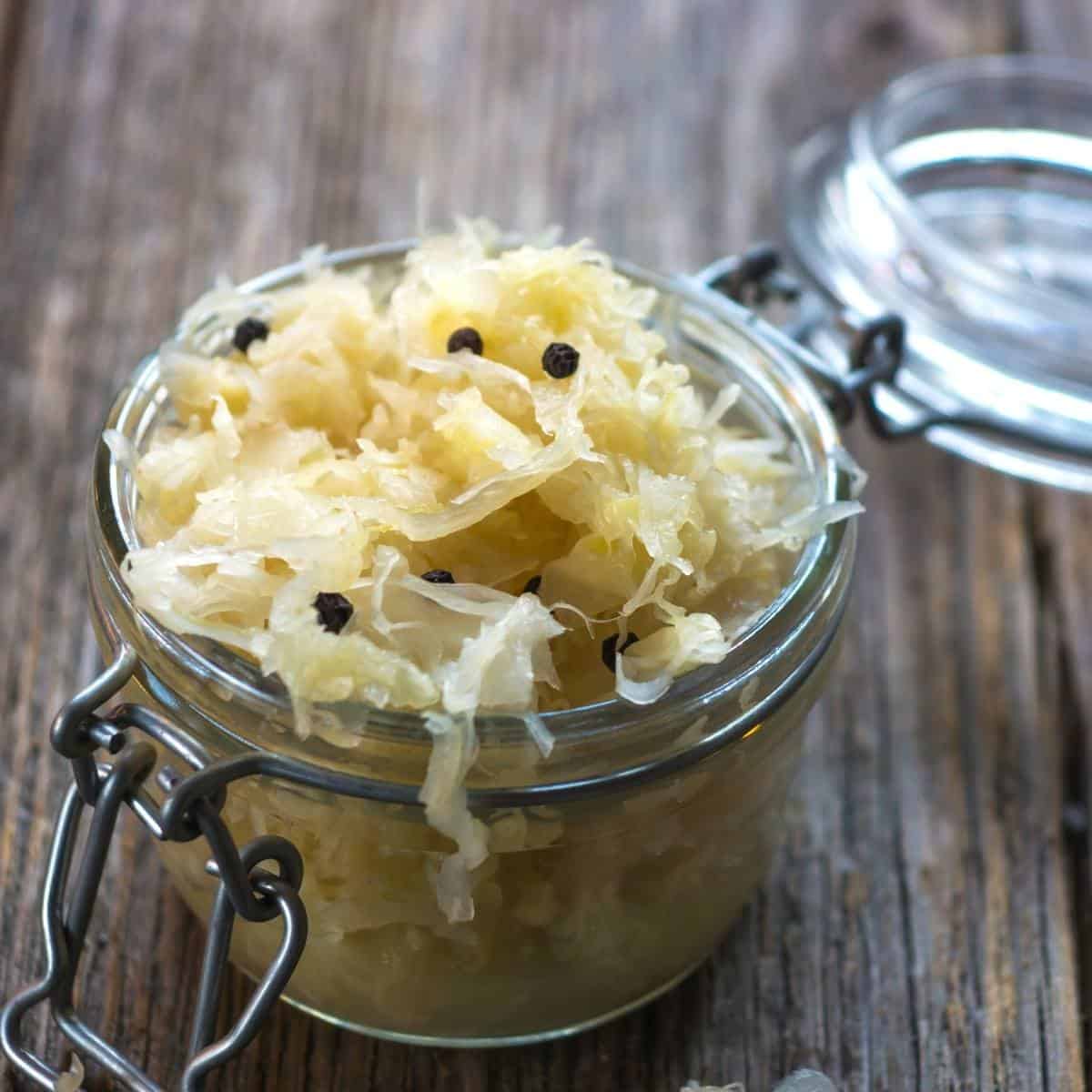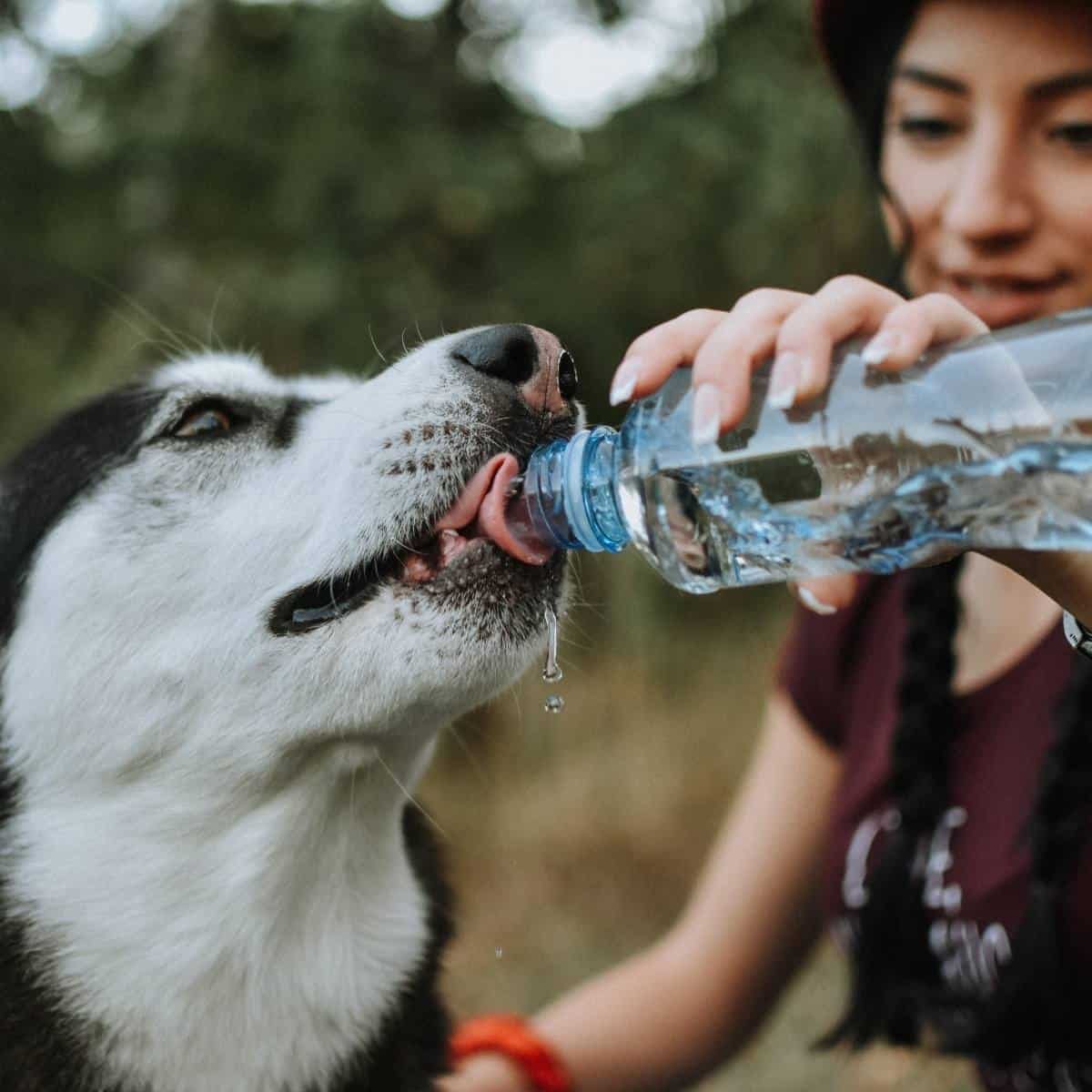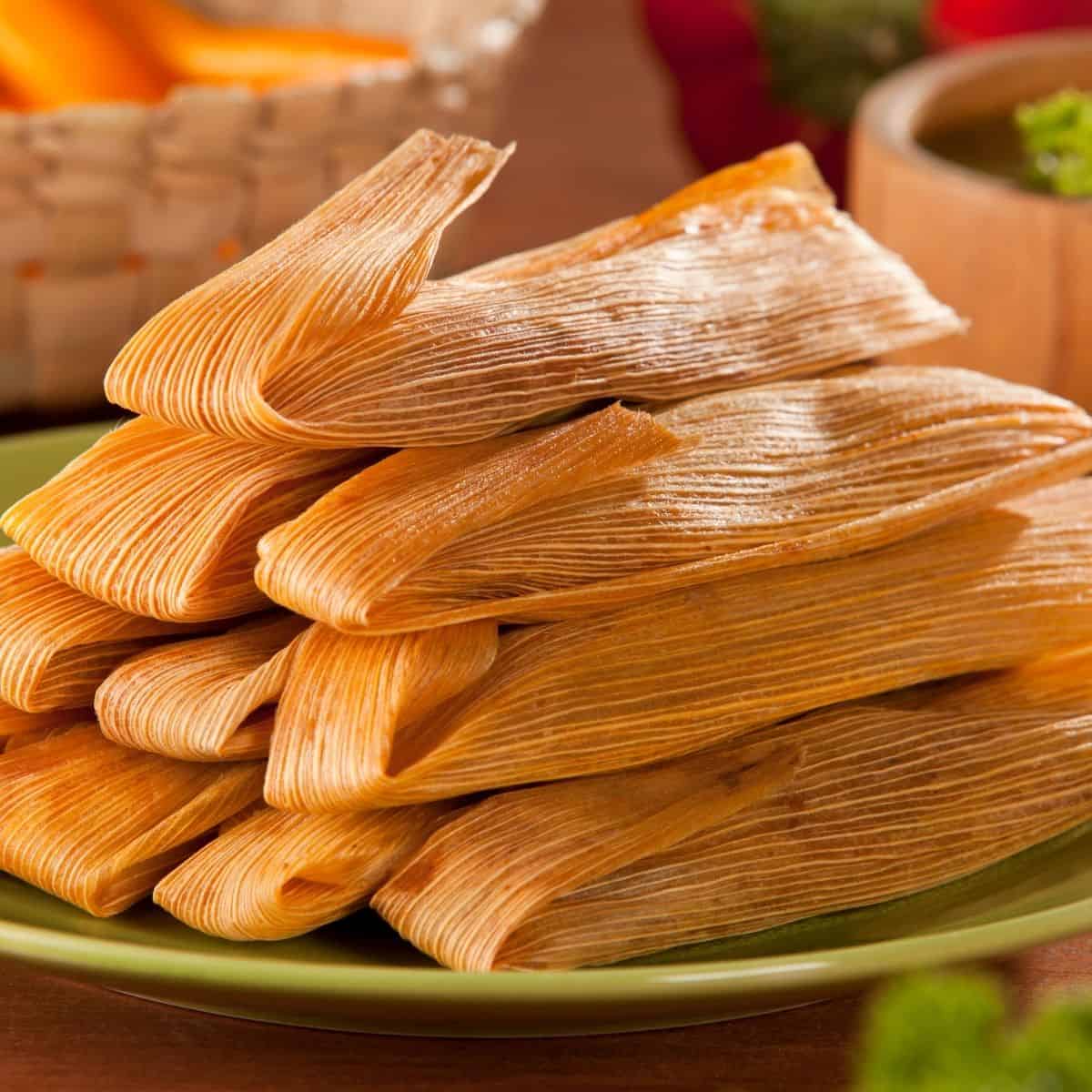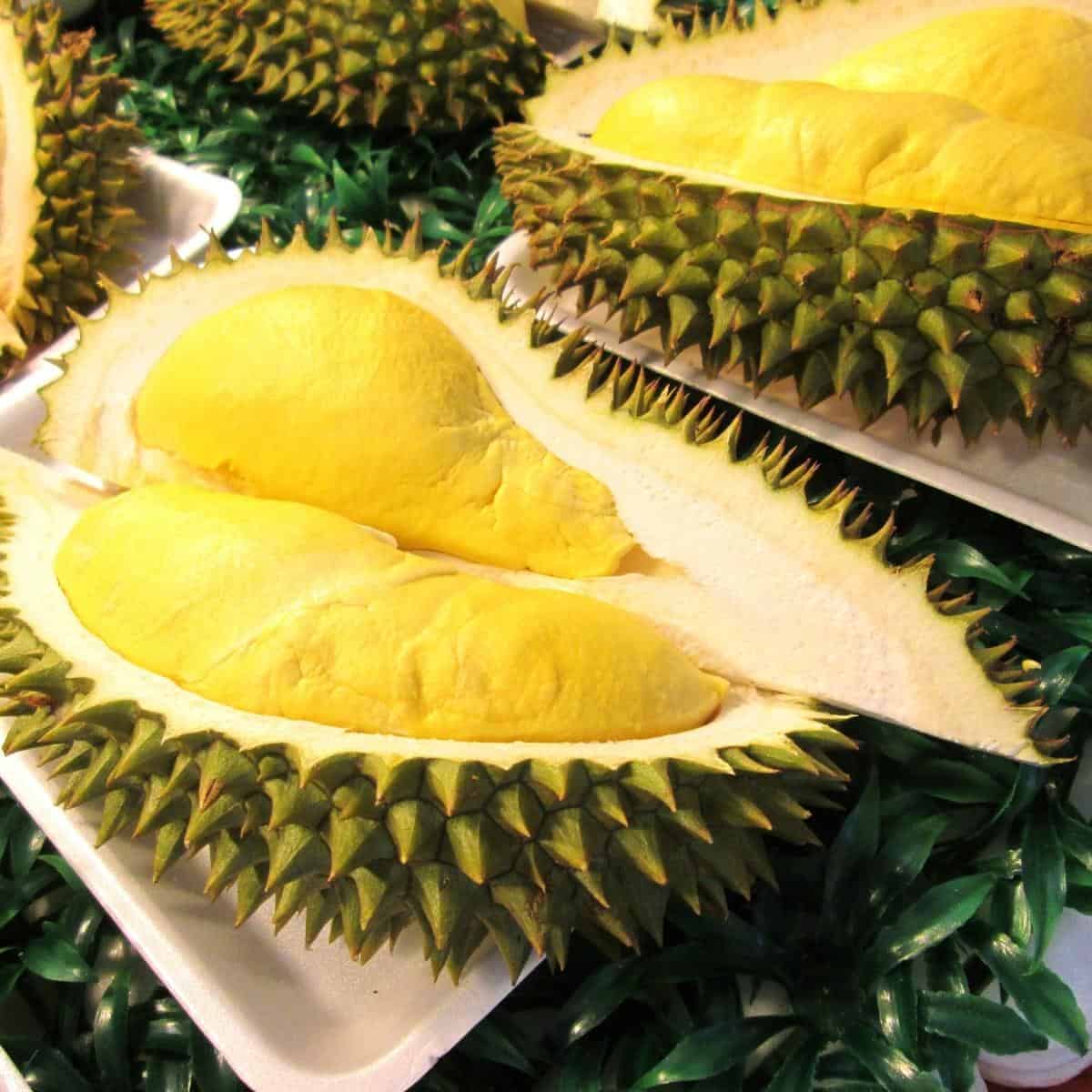Can Dogs Have Scallops? Never Raw!
Scallops are a favorite for many seafood lovers, but before you share your dish with your dog, it’s best to learn more about the ingredient and its potential toxicity.
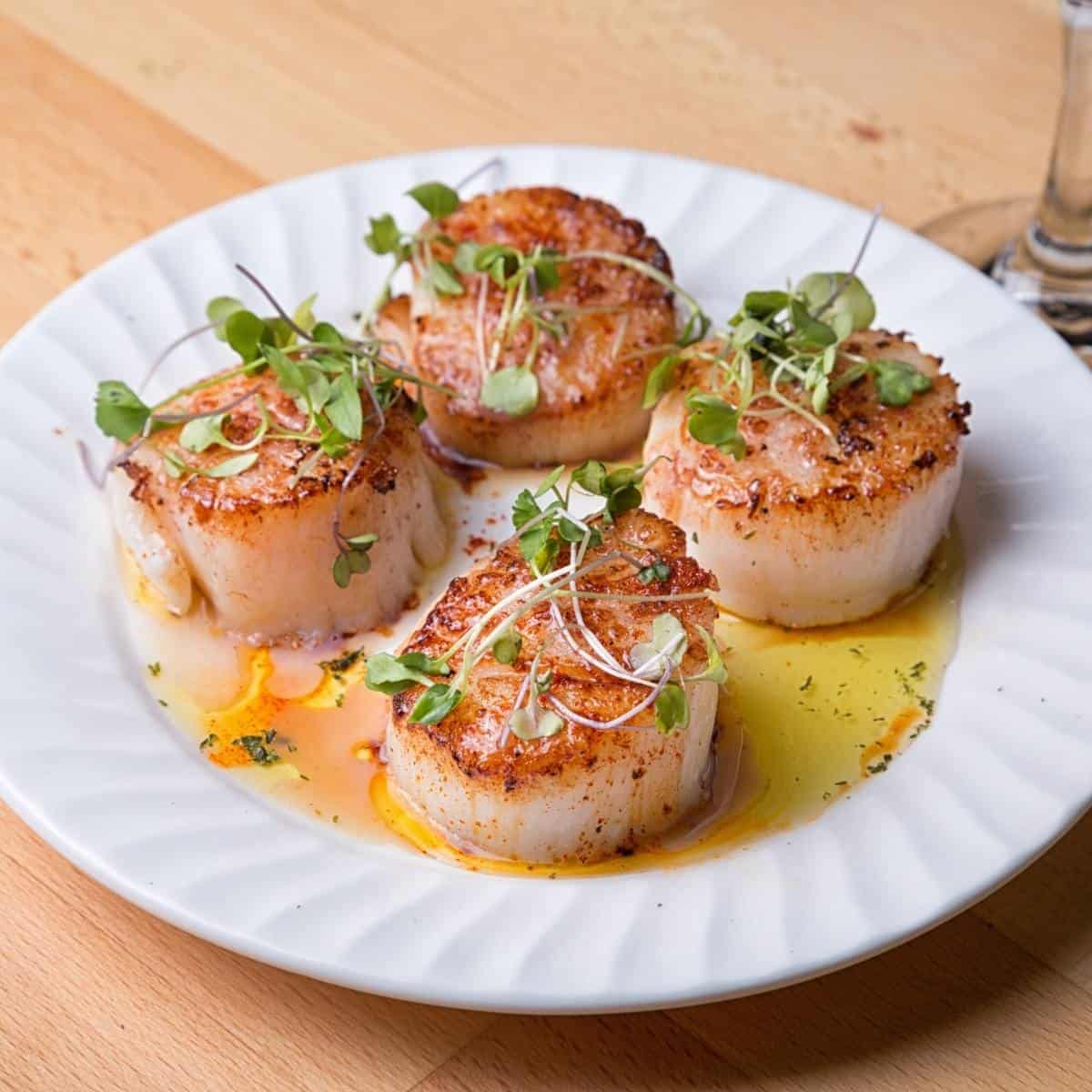
Scallops are marine bivalve mollusks, an animal that lives in every ocean in the world. They are packed with nutrients for humans and are considered one of the healthiest kinds of seafood that you can you eat. They’re a dinnertime delicacy, but are they dog-friendly too?
Read on to learn whether dogs can have scallops, their potential benefits, and their potential side effects for your canine friends.
Can Dogs Eat Scallops?
Generally, cooked, plain scallops are safe for your dog to eat in moderation. They must be fresh scallops out of the shell, and contain no seasonings, oil, or butter. It’s also important that you cook the scallop, as raw shellfish carries bacteria that can cause digestive issues for your dog.
Because shellfish is a potential allergy for many dogs, it’s important to introduce new foods slowly into your dog’s diet. Always talk with your vet before feeding your dog something new, and start with a small piece to watch for any kind of allergic reaction.
Signs that your dog may have an allergy to shellfish include:
- Itchy skin
- Obsessive chewing/licking of the paws
- Hair loss
- Vomiting
- Diarrhea
- Hives or swelling
- Ear infection
How to Cook Scallops for a Dog?
Before you feed your dog scallops, first remove them from the shell. The shells are not edible, and they can be choking hazards for your dog.
Then, thoroughly cook your scallops without any extra fat, seasonings, or added ingredients. While you may enjoy your scallops sauteed with butter and onions, those can be harmful to your pup. Instead, bake, grill, or steam them until they are fully cooked.
Raw scallops can carry harmful bacteria that can lead to not just digestive upset, but shellfish poisoning, Salmonella, roundworms, and other viral and bacterial infections.
Because scallops are bivalves, they carry even more risk than other shellfish. In the wild, scallops filter the water through their bodies, meaning they can be carrying any number of potential bacteria or parasites, depending on where they were sourced.
Once the scallops are fully cooked, let them cool until your dog can safely consume them without burning their mouth. Before serving, cut each scallop into small pieces so they’re easier for your dog to eat. Large pieces can be a choking hazard, especially if you have a small breed.
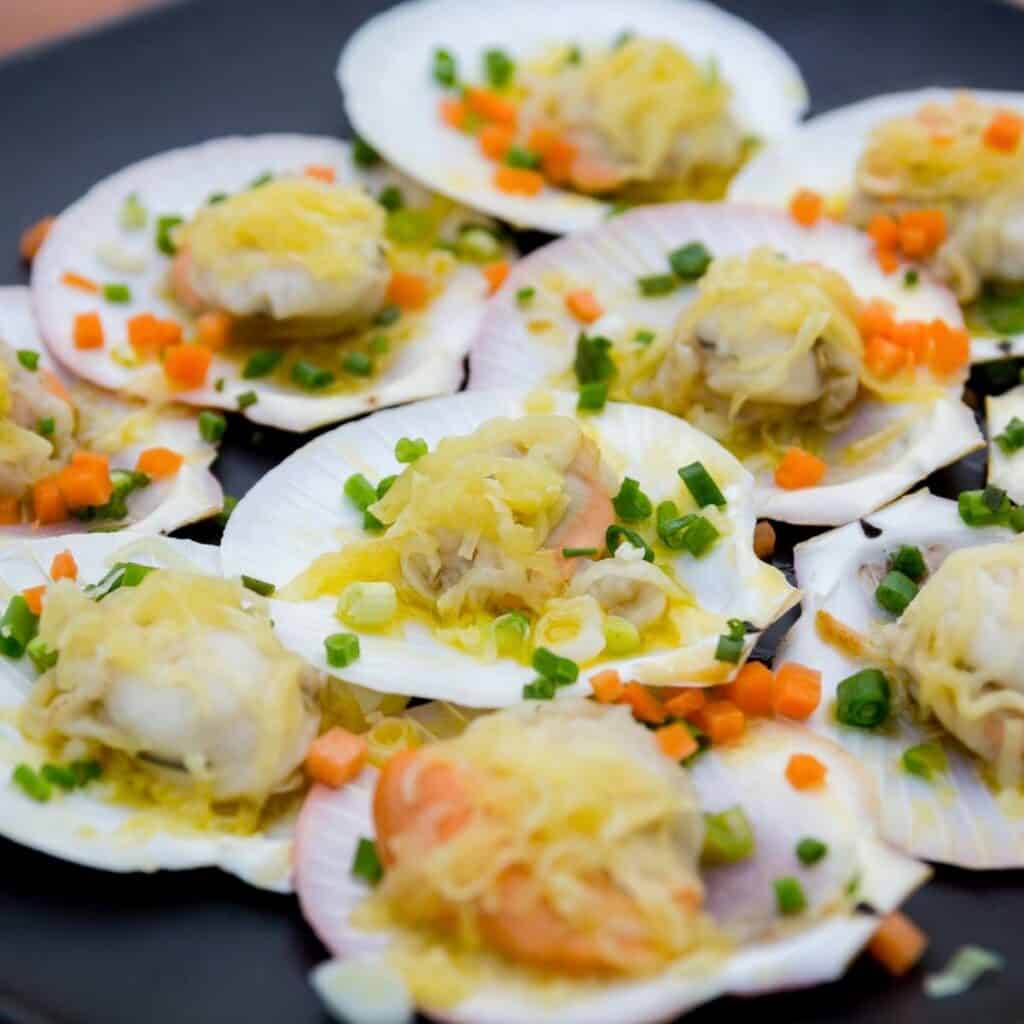
Possible Health Benefits for Canines
Just like scallops are rich in vitamins and nutrients that are beneficial for humans, they’re also beneficial to dogs as well. Here are the potential health benefits of scallops for dogs:
● Magnesium: Scallops are rich in this essential mineral that can support your dog’s heart, nerve, and overall health. Magnesium also helps your dog to absorb other vitamins and minerals.
● Potassium: Potassium is a key nutrient in a dog’s healthy diet. It helps maintain your dog’s bodily function, like their nervous system, heart, and muscles.
● Protein: Scallops are high in protein, and they’re leaner than many red meats. While they shouldn’t be your dog’s main source of protein, scallops can help to strengthen your dog’s muscles and keep them healthy and active.
● Phosphorous: This key macromineral helps strengthen your dog’s bones and teeth, and it’s also essential for your dog’s blood coagulation, muscle growth, and nervous system function.
● Selenium: Scallops are rich in selenium, a necessary trace minimal that helps regulate your dog’s thyroid activity and metabolism. Selenium is also an antioxidant, so it can help boost your dog’s immune system.
● Zinc: Zinc has many health benefits for your dog, including promoting healthy skin and fur, improving their thyroid function, and boosting their immune system.
What Happens if a Dog Eats Too Many Scallops?
While scallops do have many health benefits for dogs, they should be consumed only in moderation as a special treat.
Just 1 ounce of cooked scallop contains 187 mg of sodium and almost 39 calories. Consuming scallops regularly can cause your dog to gain weight, and it puts them at risk of salt poisoning.
Eating too many scallops, especially if your dog has never had scallops before, can also lead to digestive issues like vomiting and diarrhea. This goes for when they eat too many olives and even play-doh!
Common FAQs About Dogs and Scallops
Almost all food-related allergies in dogs are related to the protein source in the food. While it’s less likely that your dog will be sensitive to scallops or seafood, it is possible.
If your dog has never had scallops before, consult your vet before feeding them to your dog, and always start with a small amount. Monitor your dog for any signs of an allergic reaction, such as scratching, biting at their paws, or digestive issues.
Dogs should never have fried scallops. While you should feel scallops to your dog fully cooked, frying requires some kind of added fat content, whether that’s oil or butter.
Overly fatty foods can lead to pancreatitis for your dog, a condition in which your dog’s pancreas becomes inflamed and the digestive enzymes inside can destroy the pancreatic tissue.
Because puppies have a more sensitive stomach than adult dogs, it’s best to avoid feeding them unconventional dog foods until their bodies and digestive systems have matured.
Feeding your puppy scallops could lead to uncomfortable digestive issues like vomiting and diarrhea. Because puppies are so small, scallops can also be a choking hazard for them if the pieces aren’t cut small enough.
Always check with your vet before making any changes to your puppy’s diet.
Should You Feed Your Dog Scallops?
Scallops, when given in moderation, can be an excellent source of protein, vitamins, and minerals for your dog, but only when prepared correctly.
Never give your dog scallops that have been prepared with oils, butter, seasoning, or other toxic ingredients. If the scallops are fresh, fully cooked (out of the shell), plain, and cut into small pieces, they should be a delicious and nutritious snack for your dog.
